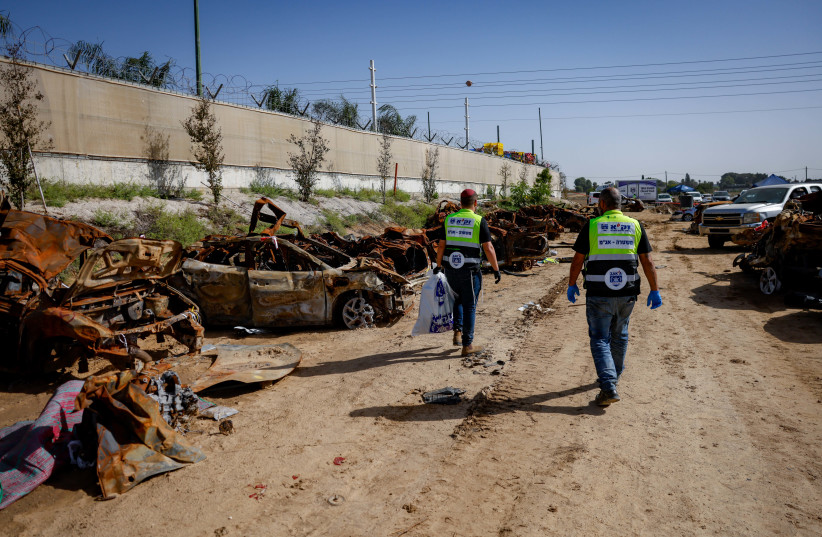An amendment to the Patients Rights Law, that would allow the Institute of Forensic Medicine at Abu Kamir to receive information from public health funds and hospitals to help identify corpses and body parts, was approved by the Knesset Health Committee yesterday.
Committee chairman MK Yonatan Mashriki said the amendment preserves the privacy and dignity of the deceased and speeds up the identification work.
Institute director Dr. Chen Kogel said that some of the identification data, such as X-rays of body and teeth, and the cause of death are already stored in hospitals where the deceased was treated in the past. However, today the police has to request a court order to allow access to this information.
Attorney Shirit Bacher, the institute’s legal adviser, noted that there is a difference between a pathologist who examines body tissues and bodies of the dead and performs lab tests, and a forensic doctor who has the sole authority to determine the cause of death. Bachar called for a significant incentive to certify more forensic doctors in Israel and stressed that the proposed amendment does not include the fingerprint database, for which there is separate legislation. The amendment, she added, will also anchor the current procedure in which the institute informs the hospital of the cause of death.

Legislation is widely supported by health organizations
Snir Elmaliah, from Zaka’s legal consultancy, supported the amendment and testified that, in dozens of cases, the identification of the deceased was delayed due to the inaccessibility of sufficient medical information. Attorney Meir Broder from the Health Ministry’s legal department also backed the amendment, saying it would greatly streamline the institute’s work and may prevent the need for an autopsy.
Shai Somech from the Justice Ministry’s public law department was also in favor of the legislation. However, Dr. Yosef Wallfisch, of the ethics bureau of the Israel Medical Association, objected to it, “because it is possible that it could violate the person’s privacy and dignity.”
In the explanatory notes to the law, it was stated that the sensitive and complex work of identifying the many war victims is entrusted to the IDF and the Israel Police by virtue of the Criminal Procedure Law, with the assistance of the Institute of Forensic Medicine under the auspices of the Health Ministry. To fulfill their duties, the institute’s experts require medical records from medical institutions, without which it is usually not possible to begin performing an autopsy and obtain scientific identification to determine the cause of death.
The purpose of the amendment is to anchor the legal interpretation, according to which these operations of scientific identification of unknown deceased and determining the cause of death will be considered part of medical treatment operations. This interpretation is the basis that will allow the transfer of information to the doctors of the institute and the doctors in the ministry’s district health bureaus.
***
